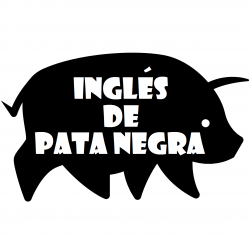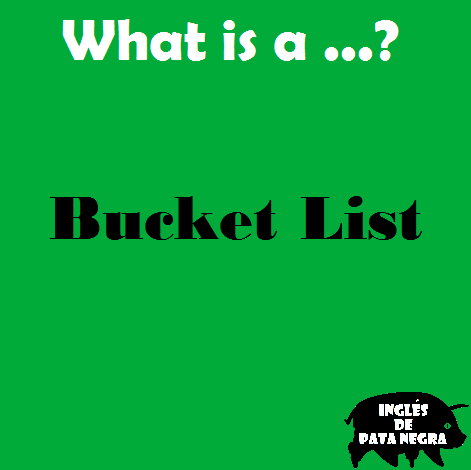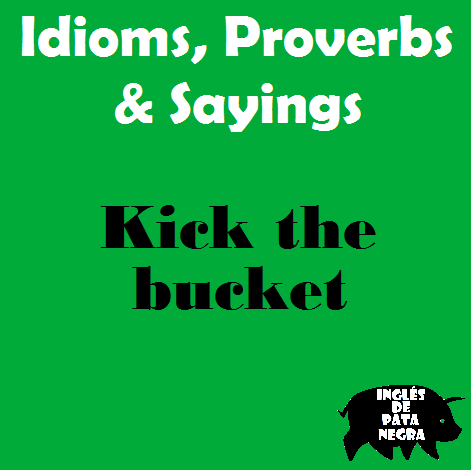Los sufijos son terminaciones que añadimos a algunas palabras para formar otras nuevas.
How do I say “delgado”
Delgado generalmente se traduce por thin.
Esta palabra se puede utilizar para describir a personas, animales y cosas.
A veces tiene connotaciones negativas, indicando debilidad o mala salud:
She’s gone terribly thin since her operation.
Se ha quedado delgadísima desde la operación.
Hay otros muchos adjetivos que también significan delgado, los más normales son skinny, scrawny, underweight, slim y slender:
Skinny y scrawny se usan, en general, de manera negativa:
a skinny guy
un tío delgaducho
He looks too scrawny to be a weightlifter.
Parece demasiado delgado para ser levantador de peso.
Underweight es una palabra neutra que se usa normalmente en contextos médicos:
The doctor says I’m underweight.
El médico dice que estoy por debajo de mi peso ideal.
Slim y slender se emplean para referirnos a una persona delgada y con buen tipo:
I wish I was as slim as you.
Ojalá estuviera tan delgado como tú.
She has a beautifully slender figure.
Tiene una figura bonita y esbelta.
Living English 1: Vocabulary
This is the vocabulary for Living English 1:
Go Dutch
Expression: Go Dutch – pagar a escote/a medias
To pay for one’s own food and bills, or split the cost, when eating at a restaurant or going out for entertainment.
There are two possible senses—each person paying their own expenses, or the entire bill being split (divided evenly) between all participants. In strict usage, “Going Dutch” refers to the former, paying one’s own expenses, and the latter is referred to as “splitting the bill”, but in casual usage, these may both be referred to as “going Dutch”.
Bucket list
La traducción literal de Bucket List es una lista de cubo/balde, y viene del modismo/frase hecha kick the bucket que significa “estirar la pata” o sea, morir.
Es una lista de cosas que queremos hacer antes de estirar la pata.
Kick the bucket
To kick the bucket is an English idiom, considered a euphemistic, informal, or slang term, whose origin remains unclear, its earliest appearance is in the Dictionary of the Vulgar Tongue (1785), where it is defined as ‘to die’.
Estirar la pata
False Friends – Attend & Assist
Los false friends (falsos amigos), o false cognates (falsos cognados), son palabras en inglés muy parecidas a una palabra española pero que significan otra cosa completamente distinta.
Attend se parece a atender pero realmente se traduce por asistir:
We cannot attend the school reunion.
No podemos asistir a la reunión de antiguos alumnos.
Attend es el verbo, pero tiene sustantivo también: attendance (asistencia y número de asistentes):
Attendance at lessons is compulsory.
La asistencia a clase es obligatoria.
List the event particulars, including attendance.
Lista los detalles del evento incluyendo número de asistentes.
Además, hay el sustantivo attendee (asistente):
List the event particulars, including number of attendees.
Lista los detalles del evento incluyendo número de asistentes.
Assist, por lo tanto, no es asistir, sino ayudar, aunque sea un poco formal y con frecuencia se dice help:
Can you assist me with these boxes?
¿Puedes ayúdame con estas cajas?
Assist es el verbo, pero tiene sustantivo también: assistance (ayuda):
Thank you for your assistance.
Gracias por tu ayuda.
Además, hay el sustantivo assistant que se traduce por ayudante, y también en el inglés británico shop assistant que se traduce por dependiente/a:
She works as a shop assistant.
Trabaja de dependienta.








